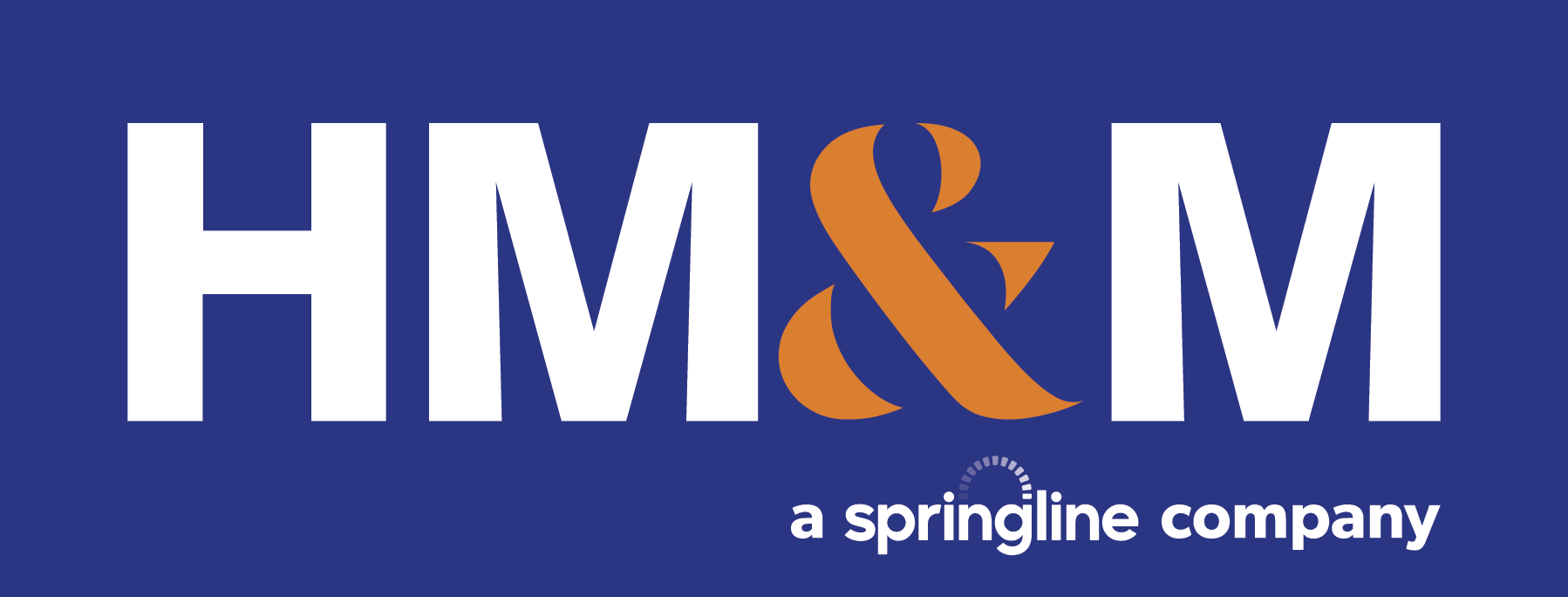BYE BYE BYE PPP Loan Applications – Maybe.
The Payroll Protection Program (“PPP”) enacted in March as part of the Coronavirus Aid, Relief, and Economic Security (“CARES”) Act eventually totaled $660 billion available for small businesses relief. (Make that $670 billion, if you count $10 billion appropriated as part of the program, but not available to most small businesses.) The loan application window closes today. As of last night, about $130 billion remained available for loans. I hazard a guess that there will be quite a bit left over at the end of today.
Behind the scenes, Congress is discussing whether and how to use the remaining $130 billion or so in appropriations. It is unlikely that Congress will legislate to simply open the PPP window again. If members of Congress can agree on a plan, it will likely be targeted at the “neediest” businesses. Don’t look for immediate action on this matter.
Can I apply for PPP Loan Forgiveness now? Yes and No.
The Small Business Administration (“SBA”) has made it clear that you can apply for forgiveness right now, if you wish. There’s a catch. You apply for forgiveness to the lender from which you obtained your loan. That lender determines the amount of your forgiveness, subject to possible SBA review. A standard application and an “easy” application for forgiveness were issued by SBA only within the last couple of weeks, in response to the changes in the program by the PPP Flexibility Act enacted June 5. Lenders have to develop and/or revise their systems and processes to comply with these recent changes.
We are not aware of any lender that is accepting forgiveness applications at this time. There is no pressing deadline for forgiveness application. We are polling some of our banker friends to find out when they will start accepting forgiveness applications. We’ll report what we find out.
IRS Paid $1.4 Billion in Stimulus Payments to Dead People
The Government Accountability Office reported last week that the Internal Revenue Service (“IRS”) paid $1.4 billion in Economic Impact Payments (“EIPs”) to dead people. EIP stimulus checks in the amount of up to $1,200 per person were automatically distributed, without request by the recipient, by the IRS, pursuant to CARES Act mandate. It took some deep thinking and careful analysis by the IRS, along with some new law, for it to determine that stimulus payments should not be paid to dead people. Certainly, payments to dead people would not appear to serve an intended purpose of the CARES Act.
Generally, the responses to this disclosure depend on the end of the political spectrum towards which the responders tilt. One side says that $1.4 billion is a lot of money and that most, if not all, of those unintended payments could have been avoided by cross-checking with the Social Security Administration records. The other side says that $1.4 billion is less than 1% of the total amounts of EIPs issued, hardly a rounding error in the total amount of EIPs made in the haste directed by law.
Tax Returns and Payments Due July 15. No More Blanket Extension. Get Your Checkbooks or E-Pay Instructions Out.
In the last 24 hours the IRS has made up its mind that it will not further extend the many filing and action due dates that have been delayed until July 15. It issued its guidance in IR-2020-134. In most cases, income tax returns now due on July 15 can be automatically extended upon request by the taxpayer. However, deferred tax payments and certain other actions are now due on July 15, not later. As we discuss below, consider E-Pay.
Notice 2020-50 Addresses COVID-19 Distributions from Eligible Retirement Plans
Notice 2020-50 provides guidance related to distributions from eligible retirement plans that are coronavirus-related distributions and addressed in the CARES Act.
IRA Rollover Relief – Notice 2020-51
In Notice 2020-51, the IRS has provided guidance regarding the CARES Act’s waiver of Required Minimum Distributions (“RMDs”) from certain retirement accounts. Specifically, Notice 2020-51 provides rollover relief (including an extension of the 60-day rollover period to August 31, 2020), permits certain repayments to inherited IRAs, and sets out Q&As regarding the waiver of 2020 RMDs. The relief is expansive. Thank you, IRS.
Extra $600 per week Federal Unemployment Benefits End July 31
The CARES Act implemented enhanced unemployment benefits. Basically, if a person is furloughed or laid off, that person can apply for state unemployment benefits. Beginning in March, when that person applies for and is approved for state unemployment benefits, he/she is eligible for Federal Pandemic Unemployment Compensation funding up to $600 per week. This program is scheduled to end July 31.
There are efforts, primarily by Democrat members of Congress, to extend this program. At this time, one should not count on the extra $600 per week after July 31.
About 11 Million Documents in the IRS’ Mailbox – What That Might Mean to You
The American Institute of Certified Public Accountants (“AICPA”) is our profession’s national association. It has been extremely active and effective in advocacy for its members and their clients with respect to interpreting and refining COVID-19 relief and stimulus law and guidance. Among other communications, the AICPA has a weekly Town Hall to discuss PPP developments. During last week’s Town Hall, an AICPA executive mentioned that there is estimated to be about 11 million paper documents in the IRS’s mailrooms awaiting processing. The publication CPA Trendlines reported today in an article titled “How COVID Has Pulverized IRS Operations” that these items are sitting in trailers at IRS campuses across the country.
Besides simply highlighting the immensity of the work facing the IRS, these disclosures emphasize several other considerations. File electronically, if you can. If you have to file by paper (and some forms can only be filed by paper), be sure to keep your proof of mailing. If you don’t have proof of mailing when the IRS gets to your paper document, it may be forced to pursue penalties and interest on payments or to deem submissions late, lacking documentation proving otherwise. Pay electronically, if you can. Expect poor service from the IRS on all fronts. It’s not their fault. It is what it is.
Celebrate Independence Day
HM&M wishes you a safe and joyful July 4th. May future Independence Days not be anything like this year’s holiday ever again.
For more information check out HM&M’s COVID-19 Resources page.
HM&M COVID-19 ResourcesLatest Blog
Signed into law on July 4, 2025, the One Big Beautiful Bill is the most substantial federal tax ...
Businesses can make many last-minute moves at the end of the year to lower their tax bills, but ...
To manage their finances and accurately file their taxes, most small business owners must choose between two accounting ...
HM&M Updates
DALLAS, Dec. 11, 2024 – Springline Advisory, a trailblazing financial and business advisory firm, is proud to announce its partnership ...
Last month, Senior Manager, Pearl Balsara was invited to speak at the 2023 FPA DFW Annual Conference in ...
We are pleased to announce the winners of the 2022 HM&M Excellence Awards. Ronna Beemer, Keith Phillips, and ...










